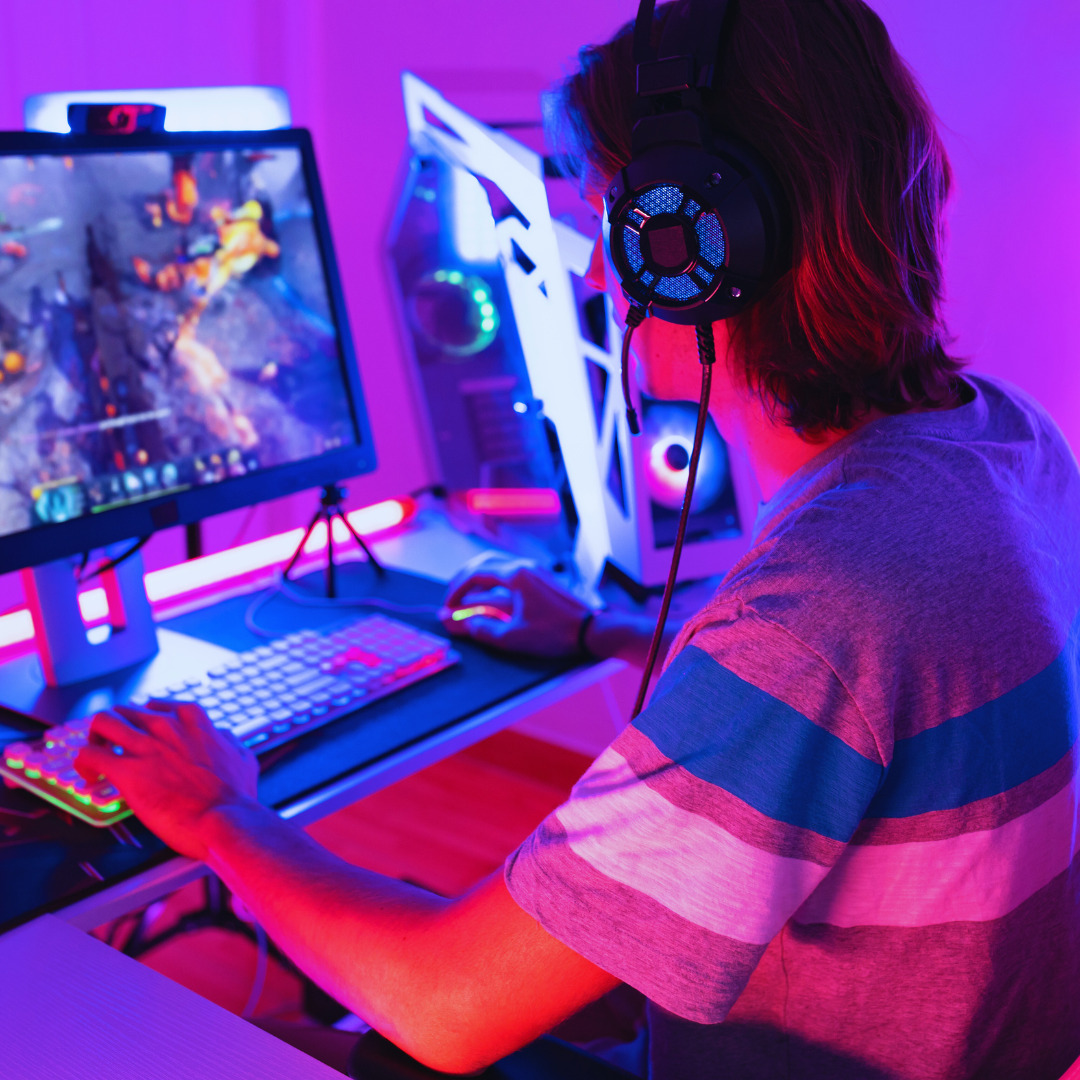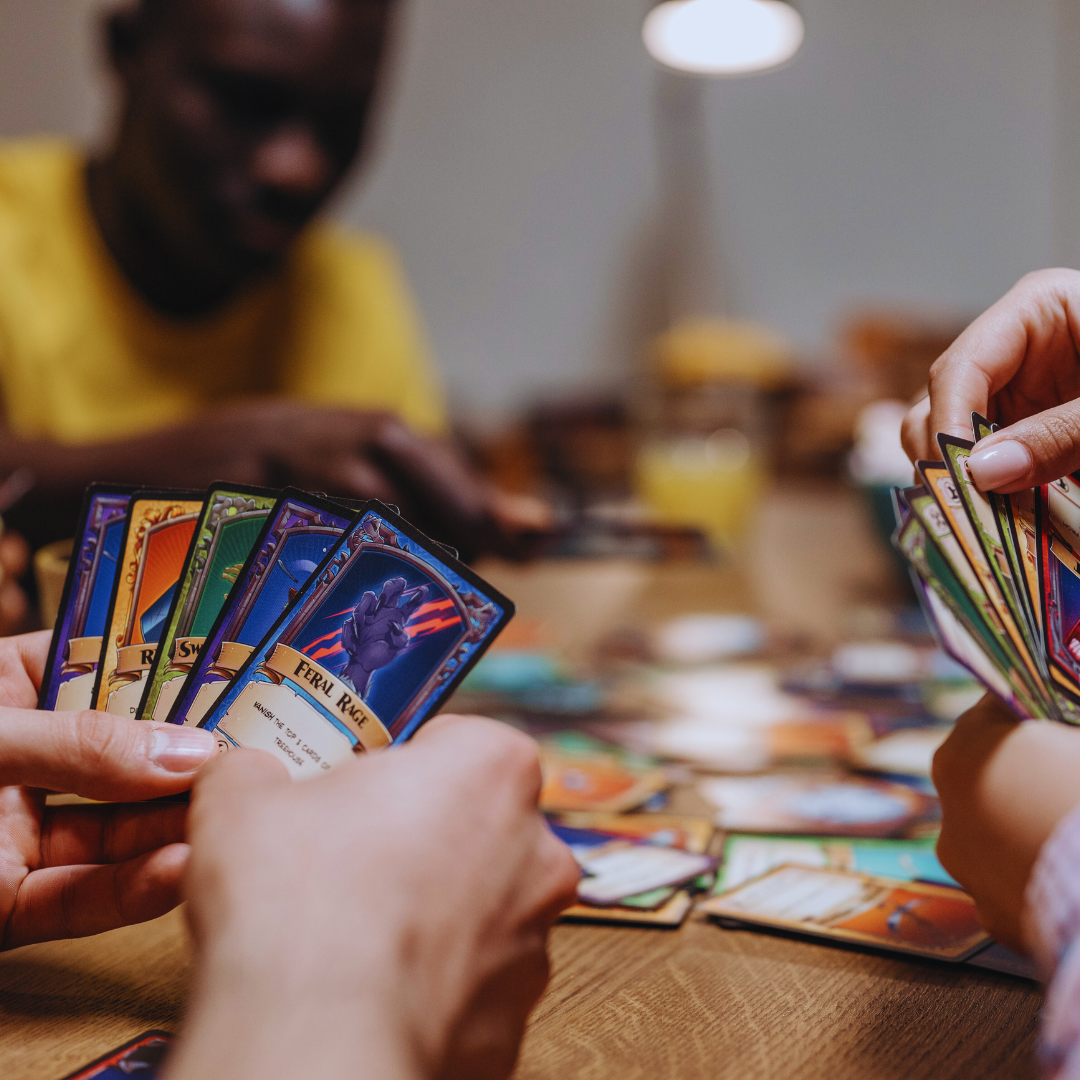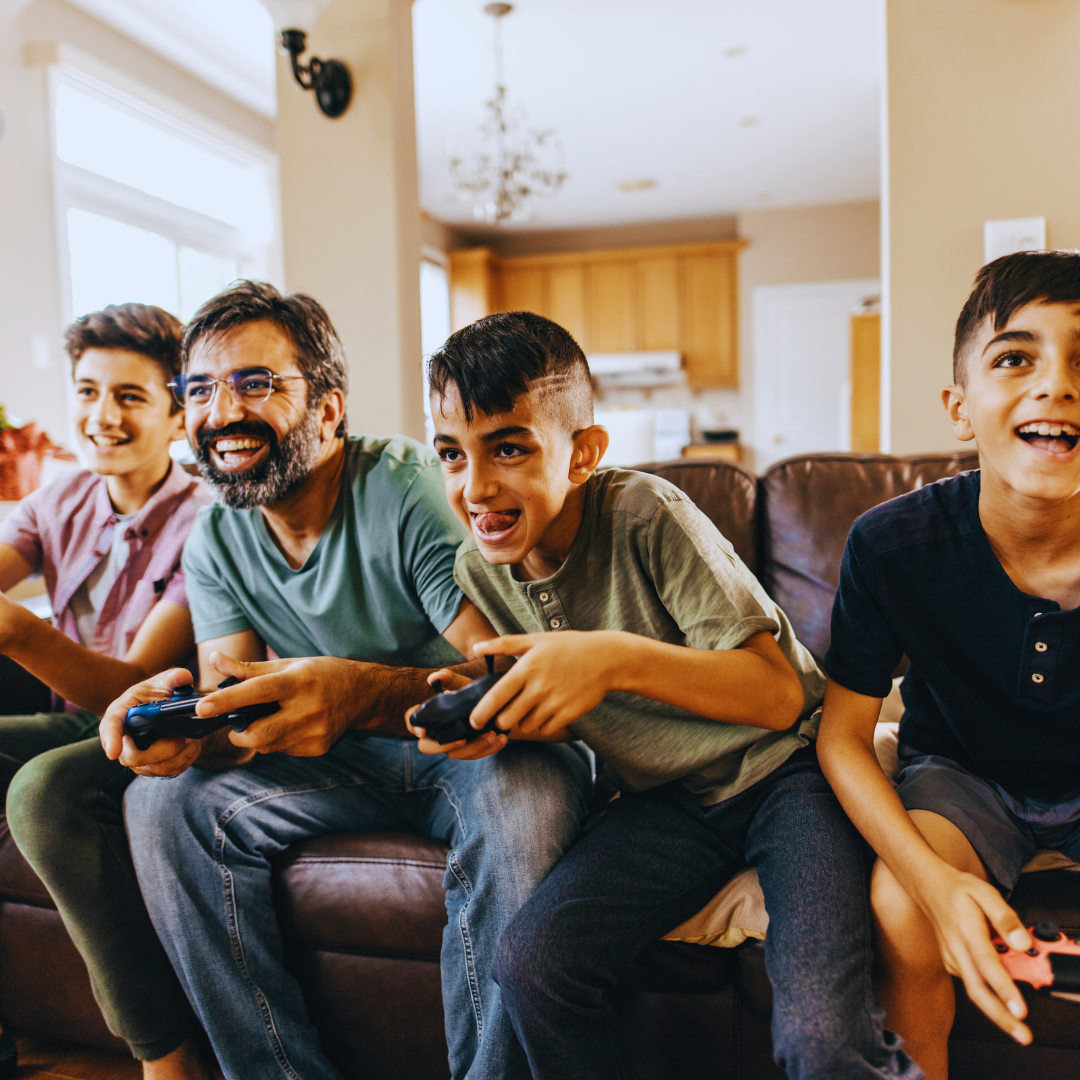Mobile gaming has transformed the landscape of social interactions in ways that were previously unimaginable. This shift is reshaping how individuals connect, communicate, and form relationships through shared gaming experiences. With the rise of online communities, players are not merely engaging in solo gameplay; they are participating in collaborative environments that foster connection and social bonding.
Technological innovation has played a crucial role in this evolution. Mobile gaming apps enable seamless communication and interaction, allowing players from diverse backgrounds to come together in virtual spaces. As they navigate challenges and achievements collectively, these players build a sense of camaraderie that extends beyond the screen, illustrating the profound impact of mobile gaming on modern social experiences.
In this new era, the importance of social connections in gaming cannot be overstated. As players turn to their mobile devices for escapism and engagement, they contribute to a global tapestry of relationships formed through shared interests and interactions. The implications of this phenomenon stretch into various aspects of life, highlighting how mobile gaming is not just a form of entertainment but a catalyst for social change.
The Rise of Mobile Gaming
Mobile gaming has experienced significant growth, transforming how players engage and socialise. This trend stems from advancements in technology and an increase in accessibility, which collectively enhance the gaming experience.
Evolution of Mobile Games
The journey of mobile gaming began with simple applications on early mobile phones. The introduction of smartphones in the late 2000s revolutionised the industry. Titles like Angry Birds and Fruit Ninja marked the transition from basic games to more sophisticated ones.
Over the years, genres expanded to include role-playing games (RPGs), multiplayer online battle arenas (MOBAs), and augmented reality (AR) games like Pokémon GO. This evolution attracted diverse audiences, making gaming a mainstream form of entertainment.
Technological Advances
Technological innovations have been pivotal in shaping mobile gaming. Devices are now equipped with powerful processors and graphics capabilities, enabling more complex and visually appealing games. Features such as high-resolution displays and tactile feedback enhance user engagement.
Furthermore, the advent of cloud gaming services allows players to access games without the need for high-end hardware. Additionally, the integration of virtual reality (VR) and AR technologies offers immersive gaming experiences that redefine player interactions.
Impact of Covid-19 on Mobile Gaming
The Covid-19 pandemic accelerated the growth of mobile gaming. Lockdowns and social distancing measures led many to seek entertainment at home. Consequently, mobile game downloads surged, with a notable increase in player engagement.
During this period, games with social features gained popularity. Titles like Among Us and PUBG Mobile fostered connections among friends and new players. The pandemic demonstrated that mobile gaming could be a vital social platform, allowing users to connect irrespective of physical distances.
Mobile Gaming and Social Connectivity
Mobile gaming has transformed how individuals connect and interact with one another. By facilitating social networks through gaming and creating robust communities, it fosters online interactions that enhance relationships. Cross-platform gaming further enriches these experiences, allowing players to engage seamlessly across different devices.
Building Social Networks through Gaming
Mobile games often incorporate social features that help players establish connections. Players can add friends, join clans, or participate in guilds, nurturing a sense of belonging. Achievements and quests encourage collaboration, as players must work together to conquer challenges. This gamified approach to social networking fosters relationships that may extend beyond gaming itself.
Gaming Communities and Online Interactions
Online gaming communities thrive in the mobile gaming ecosystem. These communities often serve as safe spaces where individuals can share experiences, tips, and strategies related to specific games. Platforms such as Discord or Reddit allow players to communicate using various tools, from text chat to voice channels. These interactions create a collective identity, enhancing the enjoyment of gaming through shared experiences.
Cross-Platform Gaming and Its Social Implications
Cross-platform gaming significantly broadens social connectivity. Players on different devices can join the same games, eliminating barriers between platforms. This inclusivity encourages diverse interactions among gamers, fostering friendships regardless of hardware preferences. Enhanced communication tools within these games, such as in-game chat and group invites, further facilitate seamless connections across various gaming communities.
Social Dynamics in Online Gaming
Mobile gaming has transformed social interactions, fostering new forms of community and collaboration. Key aspects include the formation of organised groups, teamwork in gameplay, and the broader inclusivity fostered by these platforms.
Role of Guilds, Clans, and Teams
Guilds, clans, and teams are critical in shaping social connections in online gaming. These groups provide players with a sense of belonging and identity. Players often join based on shared interests, gameplay styles, or goals.
Benefits of joining these groups include:
- Social Support: Players experience camaraderie and emotional backing.
- Skill Development: Group members often improve their skills through shared strategies and advice.
- Competitive Edge: Teams can engage in tournaments, boosting individual and collective motivation.
Micro-communities also emerge, creating unique gaming cultures that contribute to the overall experience. This immersion fosters loyalty and encourages sustained participation.
Collaboration and Teamwork in Gaming
Collaboration is a cornerstone of many mobile games, requiring players to work together to achieve shared goals. Games often incorporate features that promote cooperative play, such as quests that are challenging alone but achievable in groups.
Effective teamwork leads to better outcomes in gameplay. Players learn to communicate, strategise, and delegate tasks, enhancing their social skills.
Key factors of successful collaboration include:
- Role Assignment: Different players often take on specific roles based on their strengths.
- Communication Tools: In-game chat and voice communication facilitate real-time coordination.
- Joint Progress: Shared rewards from team-based accomplishments reinforce cooperation and connection.
Inclusivity and Social Impact of Mobile Games
Mobile games have a unique capacity to promote inclusivity. They attract diverse players across various demographics and geographies. This diversity enriches the gaming experience by introducing varied perspectives and behaviours.
Many games incorporate mechanics to make the experience accessible. Features such as adjustable difficulty levels and customisable controls accommodate various skill levels and abilities.
The social impact is significant:
- Cross-Cultural Interaction: Players from different backgrounds engage and interact, fostering understanding.
- Community Building: Online platforms encourage friendships that often extend beyond the game itself.
- Empowerment: Games provide a space for self-expression and confidence building.
These dynamics create vibrant online environments that challenge traditional notions of social interaction.
Challenges and Considerations in Mobile Gaming
Mobile gaming presents specific challenges that can affect player interactions in social contexts. Issues such as online harassment, social isolation, and the need for responsible gaming practices play significant roles in shaping the experiences of players.
Dealing with Online Harassment
Online harassment remains a prominent challenge within mobile gaming communities. Players often encounter toxic behaviour, including abusive language and targeted attacks. This harassment can lead to significant emotional impacts on individuals, affecting their willingness to engage with others.
Anonymous interactions can exacerbate these issues, as individuals may feel emboldened to act aggressively without fear of repercussions. Developers and community managers must actively implement reporting tools and moderation to create safer environments. Educating players about respectful communication is also vital in fostering positive interactions.
Social Isolation and Digital Spaces
While mobile gaming facilitates connections, it can also contribute to social isolation. Many players may find themselves spending extended periods in digital spaces, leading to a detachment from real-world relationships. This reliance on virtual interactions can impair the development of essential social skills.
Loneliness may increase as players prioritise gaming over face-to-face engagements. Maintaining balance is crucial; players should be encouraged to participate in both online and offline activities. Community initiatives that promote in-person gatherings or events can help bridge this gap and counteract the sense of isolation.
Promoting Responsible Gaming
Responsible gaming practices are essential to mitigate potential negative impacts on players. Setting limits on gaming time and encouraging breaks can help maintain a healthy balance between gaming and everyday life. It is important for players to be mindful of their gaming habits to avoid excessive play.
Developers can support responsible gaming by incorporating reminders and parental controls within games. Educational content about the importance of moderation can also be beneficial. By fostering a culture that prioritises well-being, players can enjoy mobile gaming without compromising their social interactions or mental health.




